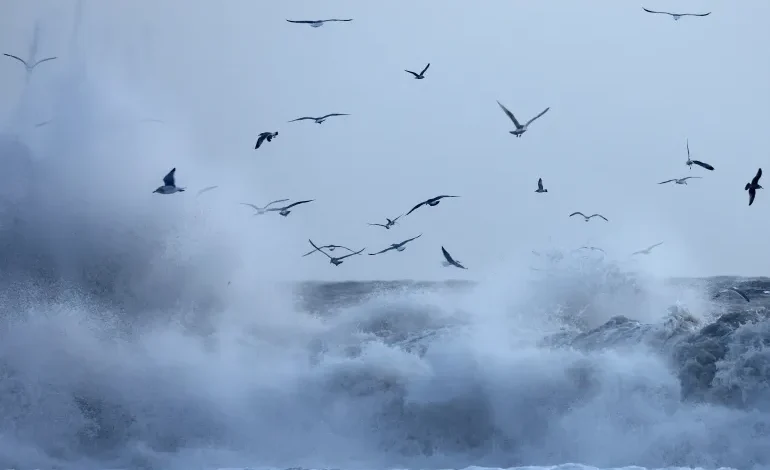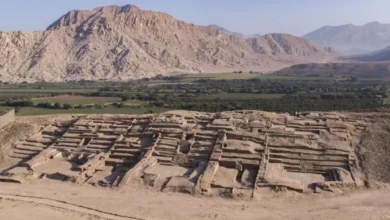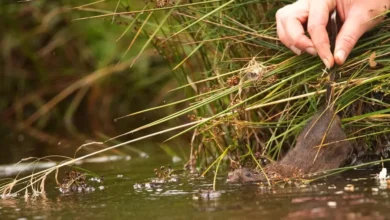UN ocean treaty talks: ‘Life support system of our planet’

United Nations members will gather in New York City in the United States on Monday to resume efforts to forge a long-awaited and elusive treaty to safeguard the world’s marine biodiversity.
Nearly two-thirds of the ocean lies outside national boundaries on the high seas, where fragmented and unevenly enforced rules seek to minimise human impacts.
The goal of the UN meetings, which will start on Monday and run through March 3, is to produce a unified agreement for the conservation and sustainable use of those vast marine ecosystems. The talks, formally called the Intergovernmental Conference on Marine Biodiversity of Areas Beyond National Jurisdiction, resume negotiations suspended last year without agreement on a final treaty.
“The ocean is the life support system of our planet,” said Boris Worm, a marine biologist at Canada’s Dalhousie University.
“For the longest time, we did not feel we had a large impact on the high seas. But that notion has changed with expansion of deep-sea fishing, mining, plastic pollution, climate change,” and other human disturbances, he said.
The UN talks will focus on key questions. How should the boundaries of marine protected areas be drawn, and by whom? How should institutions assess the environmental impacts of commercial activities such as shipping and mining? And who has the power to enforce rules?
“This is our largest global commons,” said Nichola Clark, an oceans expert who is following the negotiations for the non-partisan Pew Research Center in Washington, DC. “We are optimistic that this upcoming round of negotiations will be the one to get a treaty over the finish line.”
The aim of the talks is not to actually designate marine protected areas, but to establish a mechanism for doing so.
“The goal is to set up a new body that would accept submissions for specific marine protected areas,” Clark said.
Marine biologist Simon Ingram of the University of Plymouth in England said there is an urgent need for an accord.
“It’s a really pressing time for this – especially when you have things like deep-sea mining that could be a real threat to biodiversity before we’ve even been able to survey and understand what lives on the ocean floor,” Ingram said.
Experts say a global oceans treaty is needed to actually enforce the UN Biodiversity Conference’s recent pledge to protect 30 percent of the planet’s oceans, as well as its land, for conservation.
“We need a legally binding framework that can enable countries to work together to actually achieve these goals they’ve agreed to,” said Jessica Battle, an expert on oceans governance at the World Wildlife Fund (WWF).










